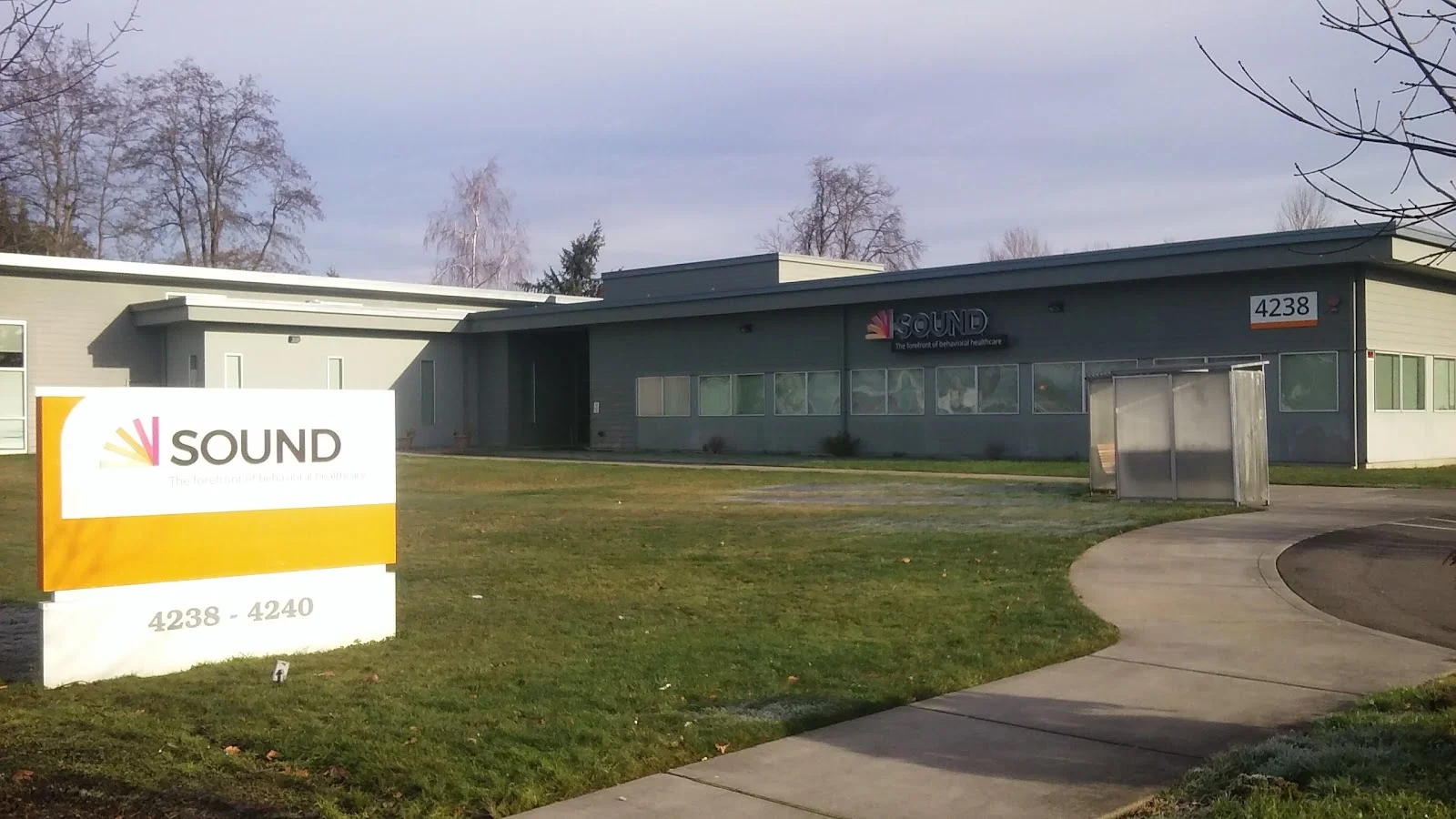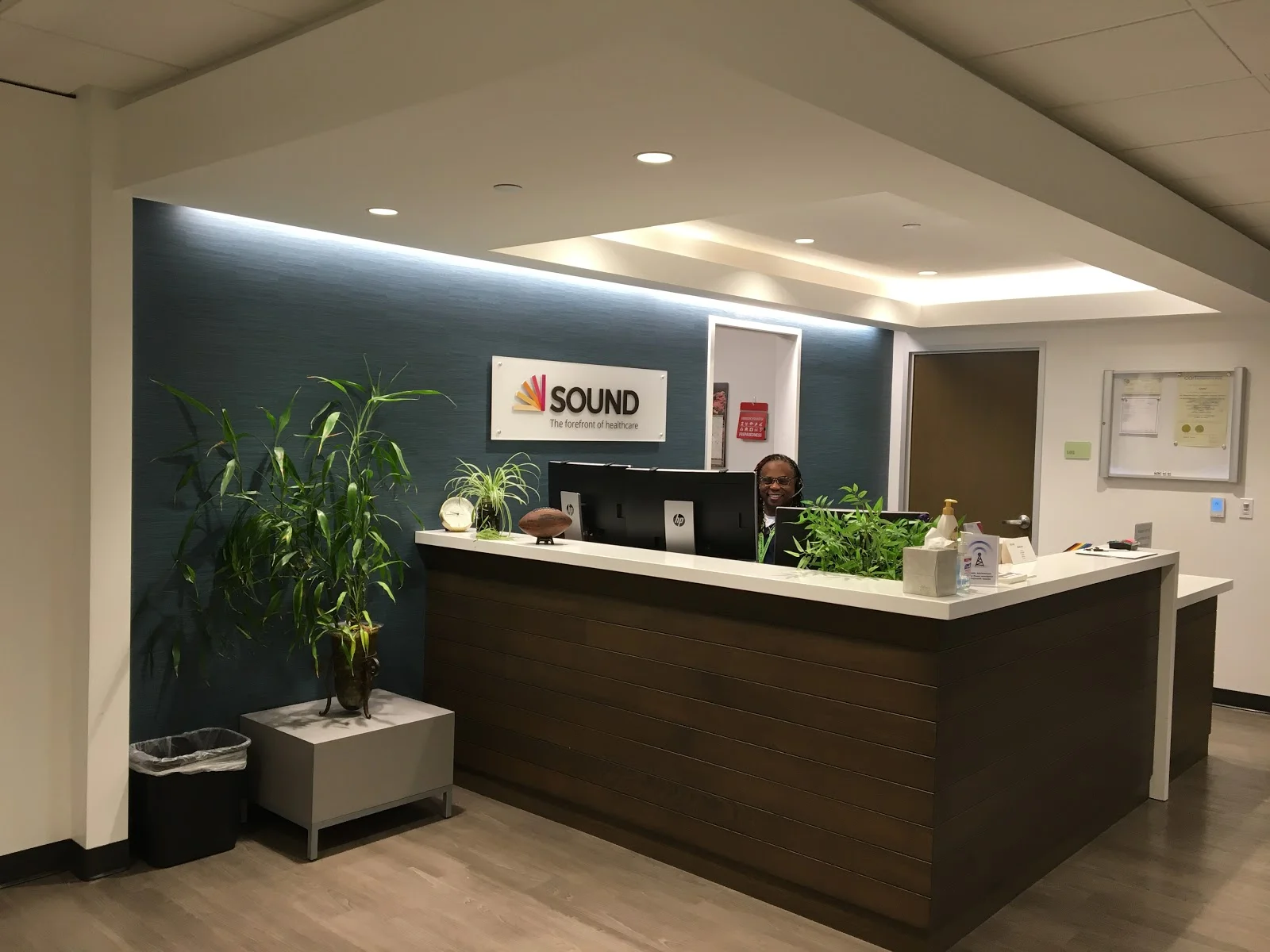Sound - Northgate Information
Treatment
Who We Treat
- Children
- Teens / Adolescents
- Young Adults (18–25)
- Adults
- Seniors/Older Adults
- Adolescents
- Older Adults
- Male and Female
Approaches
- Family Therapy
- Group Therapy
- Cognitive Behavioral Therapy (CBT)
- Dialectical Behavior Therapy (DBT)
- 1-on-1 Counseling
- Medication-Assisted Treatment (MAT)
- Nutrition Counseling
- Online Therapy
- Life Skills Training
Conditions We Treat
- Co-Occurring Disorders
Languages
- English
Aftercare
- Support Meetings
Level of Care
- Outpatient
Experience
Smoking and Vaping Policy
- Smoking Allowed
- Vaping Allowed
Accreditations
-
Commission on Accreditation of Rehabilitation Facilities (CARF)
CARF accreditation is a prestigious recognition granted to rehabilitation and human service organizations. It signifies that an organization meets high-quality standards, having undergone a rigorous evaluation process. CARF accreditation boosts an organization's credibility and ensures top-notch care for individuals with disabilities, injuries, or healthcare needs.

Additional Locations
Sound - Northgate Accepts The Following Insurance Plans
Find the best treatment options. Call our free and confidential helpline today!





